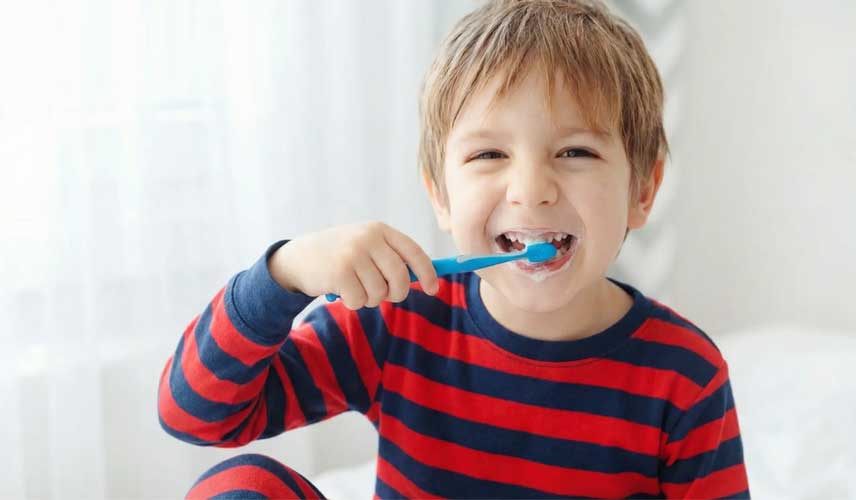
What to Do to Instill Brushing Habits in Children

Did you know that our country is significantly behind European countries and the USA in terms of regular dental visits and annual toothpaste usage? Oral and dental health issues are quite common in our society, and some of us, perhaps many of us, do not seek solutions to such problems until they become severe. Instilling the habit of brushing teeth in children is very important for this reason. As adults, we should be aware of our mistakes and neglects in this regard and strive to ensure that our children have healthy teeth.
In the meantime, do not make the mistake of thinking it is too late for yourself. If you have not paid the necessary attention to oral hygiene until now, start doing so from today. If you have problems with your teeth, go to a dentist immediately, learn about your condition, and follow the treatment program recommended by the doctor. It is never too late to develop good habits and take care of yourself. You may not be able to fix all your problems, but you can prevent them from worsening and new issues from arising.
Ways to Instill the Habit of Brushing Teeth
There are many things that parents and caregivers can do to instill the habit of brushing teeth in children. By applying the following recommendations, you can help your child have healthy teeth.
1. Start Teaching Brushing at a Young Age
The appropriate time to start using a toothbrush is when the back teeth begin to emerge. This usually occurs around the age of 2.5 to 3 years. Additionally, children have the mental capacity and motor skills necessary to learn to brush their teeth at the ages of 2 to 3. Until then, the child's dental hygiene should be managed by their parents or caregivers. After this, appropriate materials should be provided, and the child should start cleaning their teeth independently.
It can be very challenging to have a preschool-aged child practice tooth brushing techniques. The main goal during this period is to ensure that the child develops a tooth brushing habit.
2. Show Options for Suitable Toothbrushes and Toothpaste and Let Them Choose
Children are more likely to embrace and use something they have chosen themselves. Of course, you cannot completely let your child choose their toothbrush and toothpaste. They need to use age-appropriate products. Show these to them and let them know they can choose from among them.
Companies produce colorful, illustrated, and printed products for children. Children's toothbrushes and toothpaste alternatives are sold in packaging that will particularly appeal to children. When your child sees the options you present, they will find them visually appealing and will want to have them. However, the content and functions of the product are more important than its appearance. Therefore, you should also ensure that you are offering suitable, quality, healthy, and functional alternatives.
3. It Takes Time for Children to Learn to Brush Their Teeth, Be Patient
Little ones have clear, bright minds that are open to learning. However, the process of instilling the habit of brushing teeth in children does not always progress quickly. It is not expected that a child whose fine motor skills are just beginning to develop will learn to do this task perfectly and with all its nuances in a short time.
Therefore, encourage your child in this regard, but do not pressure them and give them time to learn. Appreciate what they can do, and guide them on their shortcomings.
4. Let Them Brush Their Teeth, But You Should Also Check
To clean teeth perfectly, it is necessary to brush with the right techniques. As mentioned above, preschool-aged children may not be able to apply these techniques. To instill a tooth brushing habit in a child at this age, it is necessary to allow them to do it themselves. However, small children often only brush the visible and easily accessible parts of their teeth. However, to prevent tooth decay, the spaces between the teeth and the chewing surfaces must also be thoroughly cleaned. Therefore, it is good to check your child after they brush their teeth and, if necessary, go over what they did.
5. Find Ways to Make Oral Hygiene Fun
Children can be impatient, easily distracted, and may not enjoy the process of brushing their teeth. Therefore, it is necessary to make an effort to make brushing teeth enjoyable for children. You can provide your child with colorful, different containers to put their toothpaste in, play their favorite songs while they brush their teeth, and similar activities. But be careful not to let these things prevent them from taking the task seriously.
6. Being a Good Role Model is Also Very Effective in Instilling the Habit of Brushing Teeth
As parents, the most effective thing we can do to teach, explain, and instill a certain habit in our children is to set an example through our behavior. If you are not someone who pays attention to oral hygiene, it will be more difficult for you to explain its importance to your child and ensure they are careful about it. Brush your teeth together with your child and do it with enjoyment. This behavior will be encouraging and will help them learn to do it correctly by watching you.
7. Prepare a Tooth Brushing Chart
To encourage your child to brush their teeth and make it a habit, prepare a tooth brushing chart. This can be a weekly chart. Mark the times they brushed their teeth on the chart with colorful stickers. You can also find other fun methods for marking.
Rewarding your child with a small gift from time to time for brushing their teeth regularly for a week can also be effective. But do this in moderation and at intervals so that it does not create a situation where they brush their teeth just to receive a gift. It is important for them to understand that they need to do this for their own health and appearance.
What Should a Children's Toothbrush Be Like?
When choosing a toothbrush for your child, prefer those with soft bristles (but not overly soft), flexible handles, and appropriate sizes for their mouth.
Toothpaste is Not Recommended for Children Under 3 Years Old!
The vast majority of dentists do not find it appropriate for children to use toothpaste before the age of 3. When it comes time to choose toothpaste for children, it is important to pay attention to the content rather than the flashy words and promises in advertisements.
Tooth Brushing Games for Children
If your child is not listening to your calls, take a beloved doll or a toy in the shape of an animal and make a more fun call from its mouth.
Play a game of choosing a toothbrush. Take them to a shelf filled with children's toothbrushes and invent a competition to see who can find the prettiest one. Then explain that they need to use it to make their toothbrush happy.
Create variations of the tooth brushing game or dentistry game. Get toys that can have their teeth brushed and encourage your child to clean their teeth.
Advice for Parents Who Want to Instill the Habit of Brushing Teeth in Their Children
* Just like in many areas, your child will take you as an example in this regard. Be a good example for your child by being meticulous about oral and dental care.
* Do not let your child brush their teeth alone until they are 7 years old. Be there and make sure they are brushing correctly. If necessary, fill in their gaps. If they are doing a wrong or insufficient cleaning, teach them the correct way.
* Do not allow your child, who comes home tired from school, to skip brushing their teeth before bed. They may be really tired, but they need to not neglect this.
Dental Care and Cleaning for Babies
Dental cleaning and care for babies should begin when the first teeth appear, around 6 to 8 months. After the first milk teeth emerge, the baby starts to be fed with a bottle, usually consuming solid or liquid foods that contain acids or sugars. Starting dental cleaning at this stage prevents the milk teeth, which have a more organic and delicate structure than other teeth, from being damaged or decayed.
Cleaning milk teeth is important because decay or premature loss of these teeth can lead to permanent teeth emerging from an incorrect location or becoming impacted.
When your baby's first teeth appear in their mouth, you can clean them twice a day, after their morning feeding and before bedtime, using a clean, damp cloth or gauze.
About Child Care and Development
Healthy Snacks for Children
10 Ways to Communicate Well with Children
7 Ways to Get Children Used to Healthy Eating
How to Choose Suitable Toys for Children
12 Things to Consider When Traveling with Children
Child Health and Safety Other Content in the Category

Child Health and Safety
Newborn Care
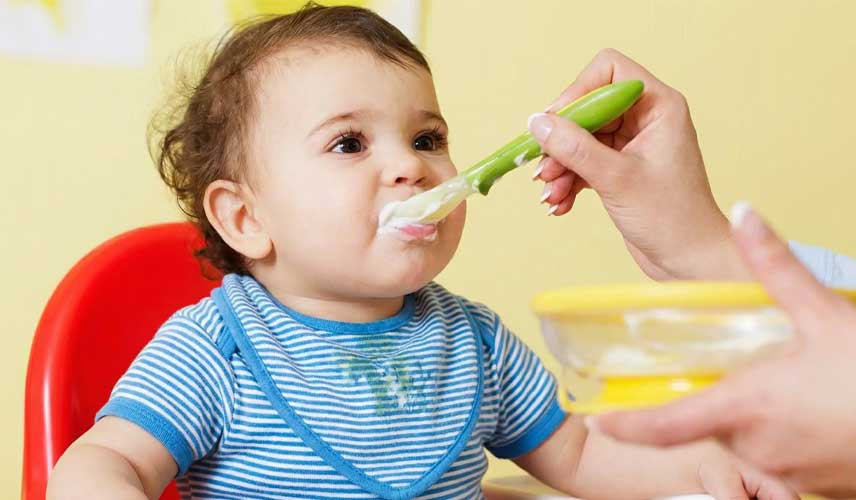
Child Health and Safety
My Baby Refuses to Eat Solid Food
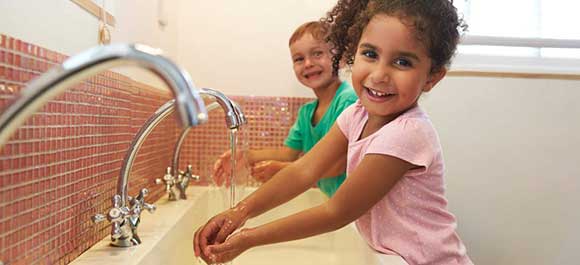
Child Health and Safety
Ways to Protect Children from the Coronavirus

Child Health and Safety
What to Do to Instill Brushing Habits in Children
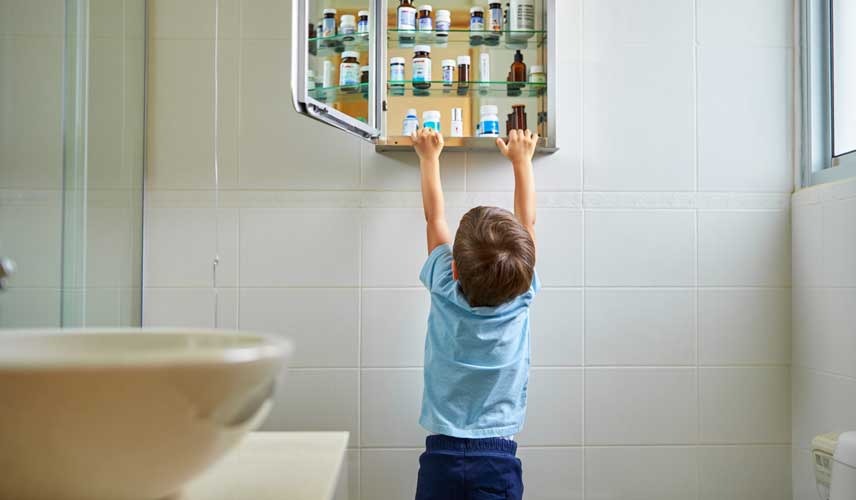
Child Health and Safety
Child Safety: Medications Should Be Stored Out of Reach of Children

Child Health and Safety
10 Effective Tips for Child Health
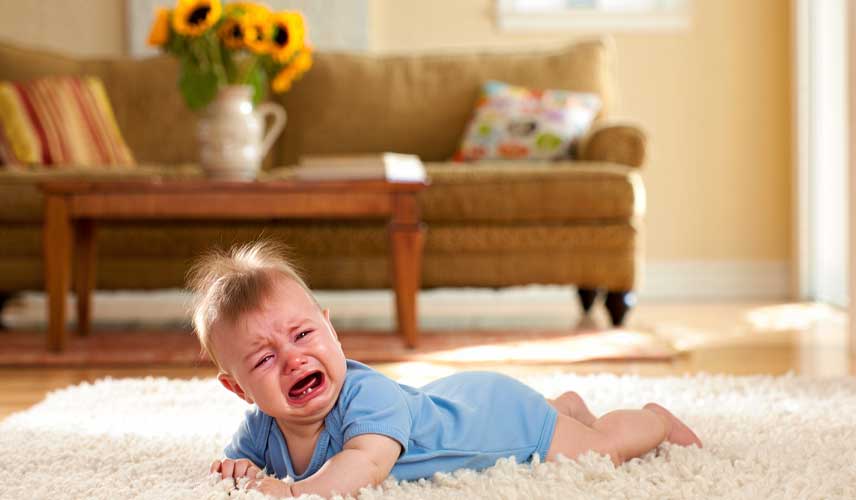
Child Health and Safety
8 Factors That Cause Babies to Cry
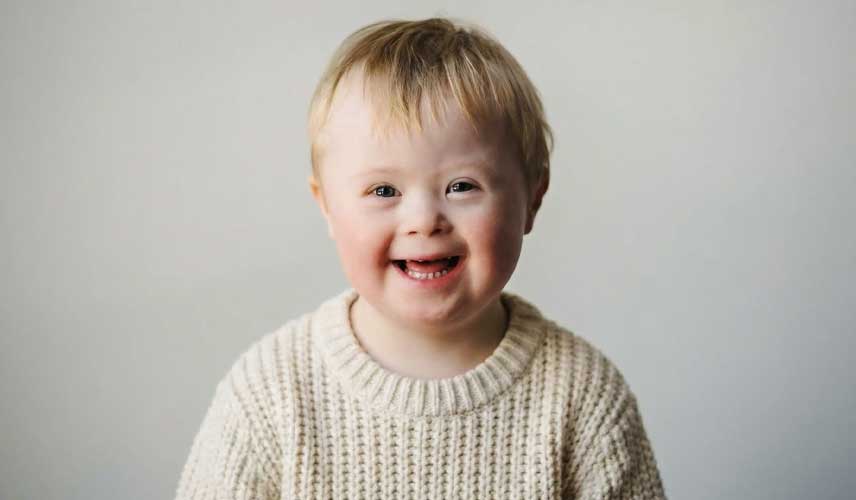
Child Health and Safety
Down Syndrome Diagnosis Methods
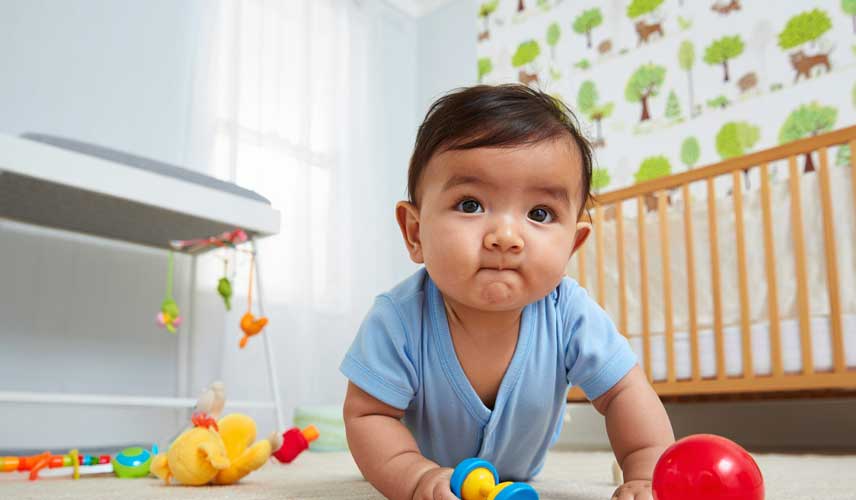
Child Health and Safety
When Do Babies Crawl
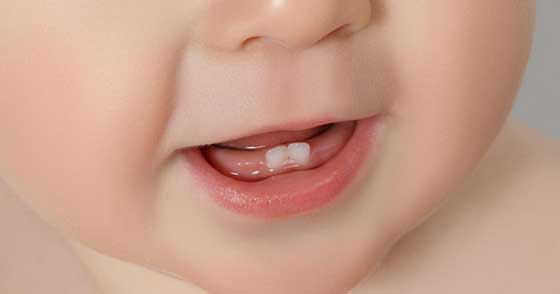
Child Health and Safety
Information About Teething Period in Babies
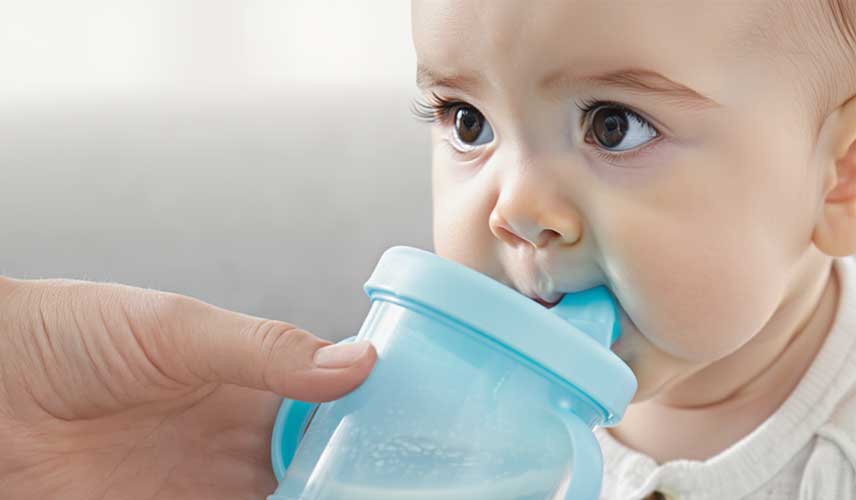
Child Health and Safety
How Much Water Should Babies Drink?

Child Health and Safety
10 Things to Do for a Healthy Pregnancy
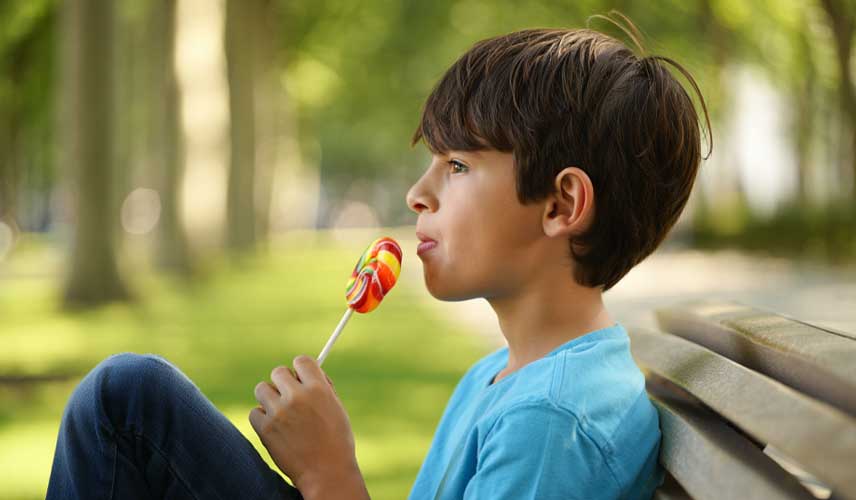
Child Health and Safety
10 Ways to Prevent Sugar Consumption in Children

Child Health and Safety
Frequently Asked Questions About Cancer and Chemotherapy
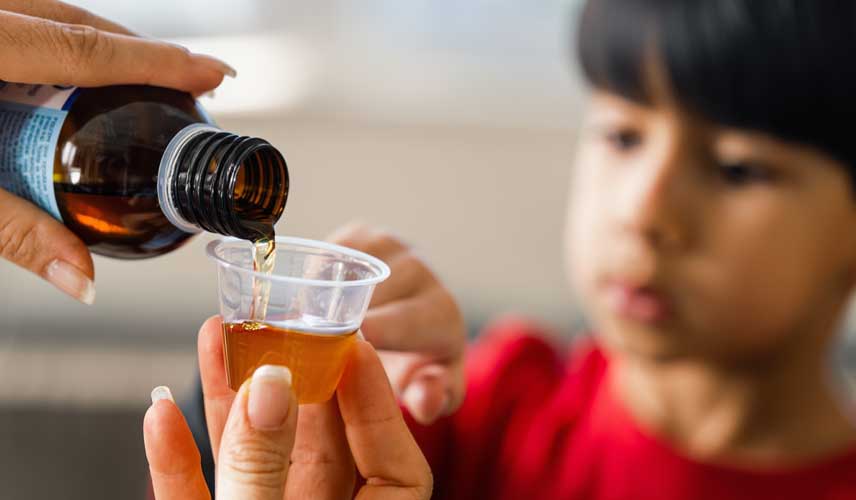
Child Health and Safety
